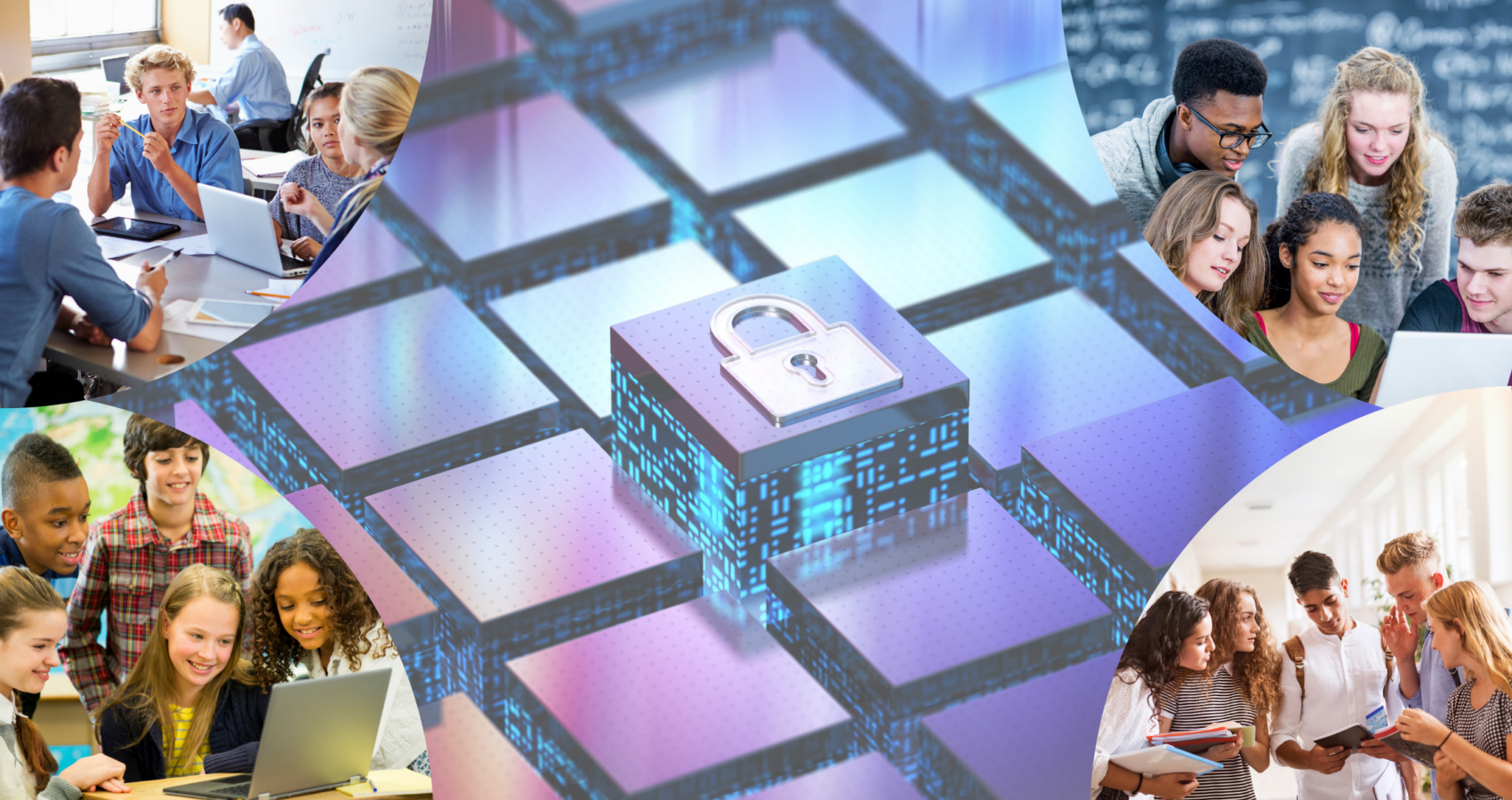
K-12 schools face an unprecedented wave of cybersecurity threats, and with the increasing adoption of edtech tools and the growing reliance on digital infrastructure, the need for robust cybersecurity measures has never been more critical. In response to these challenges, educational institutions must rethink their cybersecurity strategies to protect students, staff, and sensitive data from evolving cyber threats.
The Rise of EdTech and Its Security Implications
There is no doubt that edtech has positively transformed curriculum and educational opportunities in K-12 schools, including personalized learning experiences, enhanced communication, and improved access to educational resources. However, this significant expansion of edtech in K-12 schools has also provided new avenues for cybercriminals to exploit vulnerabilities within school networks. As more devices and platforms are integrated into the educational environment, the attack surface for cyber threats widens, making schools increasingly susceptible to cyberattacks.
Protecting Student Data from Cyber Threats Is Paramount
One of the primary concerns in K-12 cybersecurity is the protection of personally identifiable information (PII). Because schools collect and store vast amounts of sensitive information, including personal identification details, academic records, and health information, schools are a valuable target for cybercriminals, who can use it for identity theft, phishing schemes, and other malicious activities.
Rethinking Cybersecurity Strategies
To address the growing cybersecurity challenges, K-12 schools must adopt a comprehensive approach that goes beyond traditional security measures. This includes implementing advanced threat detection systems, conducting regular security audits, and ensuring that all devices connected to the school network are secure. Additionally, schools should invest in cybersecurity training for staff and students to raise awareness of potential threats and promote best practices for online safety. And every school must move to a zero-trust culture.
We All Play a Role in Enhancing K-12 Cybersecurity
Collaboration between schools, cybersecurity experts, and government agencies is essential for strengthening the overall security posture of K-12 institutions. By sharing threat intelligence and best practices, schools can stay informed about the latest cyber threats and adopt proactive measures to defend against them. Moreover, policymakers play a crucial role in establishing cybersecurity standards and providing resources to support schools in their efforts to secure their digital environments.
GG4L Is Committed to Protecting Student Data
As a public benefits corporation, GG4L is committed to ensuring that every school has the tools they need to protect student data privacy. Our School Passport’s Privacy Governance Console helps schools identify existing risks and provides the tools necessary to stop data leakage. It begins by auto-discovering all applications being used within a district. It then leverages technology to collect data about each application and correlates the apps with 1Edtech’s TrustEd database to rate PII data exposure risk. IT staff members can select whether to filter PII to specific vendors or anonymize it. In short, the Privacy Governance Console within School Passport enables districts to discover data leakage risks and mitigate them. Learn more: https://gg4l.com/privacy-governance-console/

